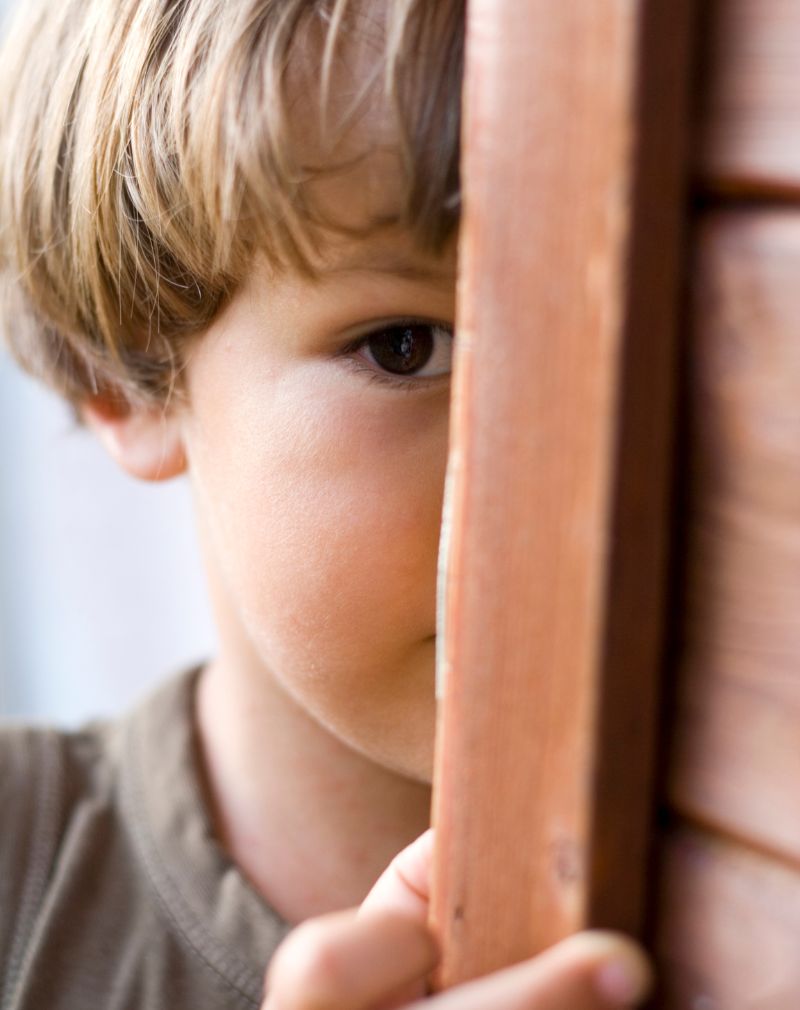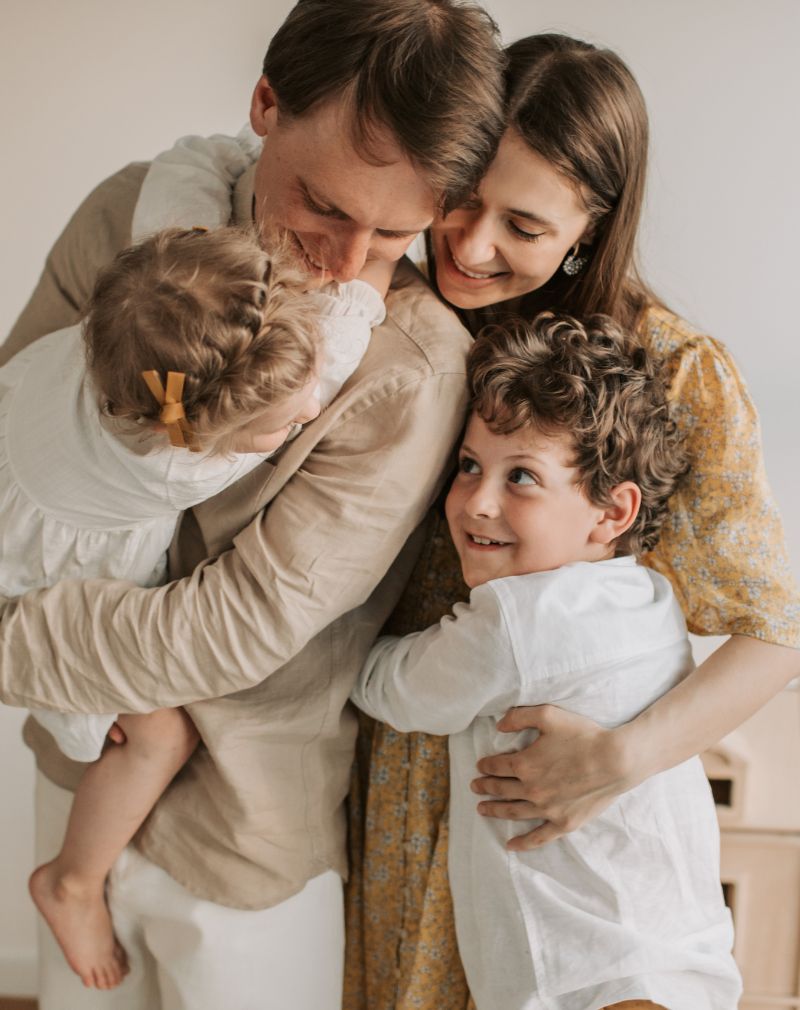We ask children to say thank you long before they understand what gratitude feels like. Some manage it with ease. Others look blank or irritated, and parents start wondering why simple appreciation seems so hard.
The truth is, many children aren’t ungrateful. They’re tired in ways they can’t explain. When a child becomes withdrawn or constantly annoyed, it’s often their mind whispering that something inside is getting heavy.
At The American Wellness Center in Dubai Healthcare City, our Child Psychology Team sees this more often than parents realize. A quiet child, a restless one, a child who can’t enjoy the good moments anymore.
What looks like an attitude problem is sometimes a sign of strain. And once you see that possibility, the real questions begin.
When a Child Stops Feeling Thankful: What Parents Often Miss
Gratitude feels simple to adults, but for a child, it depends on how safe and steady their inner world feels. When pressure builds, the small joys that once came easily start slipping through their fingers. A tired mind doesn’t register warmth the way it should.
A child who looks ungrateful is often overwhelmed. Irritability becomes a shield. Quietness becomes a hiding place. The problem isn’t attitude, it’s emotional overload that hasn’t been named yet.
When the mind is stretched thin, appreciation takes a back seat. A child can only notice the good when they aren’t fighting their own thoughts. That’s where early awareness from parents makes a real difference.
Let’s talk about how to notice the signs that something deeper is happening.
Clear Indicators a Child May Need Psychological Support
Some signs appear quietly. Others show up in sudden shifts that leave parents confused. What matters is noticing the pattern, not one isolated moment.
A child may need extra support when they:
- Pull away from family or seem distant
- Complain often or react sharply to small frustrations
- Lose interest in activities they once enjoyed
- Compare themselves constantly or show frequent envy
- Struggle to build or keep friendships
- Stay irritable or sensitive long after a conflict ends
- Experience headaches or stomachaches without a clear medical cause
These aren’t signs of a child “acting out.” They’re signals of strain. When a child’s world feels too heavy, their behavior becomes the language they rely on.
And once you see these signs, the next question is why they’re happening in the first place.
Why Children Lose Their Emotional Balance
Children carry more weight than we notice. School demands rise. Friendships shift. Home can be loving yet stressful. Even small changes; a new teacher, a move, a sibling can drain emotional energy faster than adults expect.
When stress builds, the brain shifts into a quiet survival mode. It watches for threats instead of comfort. In that state, a child may seem jumpy, withdrawn, or oddly flat. Their mind is trying to cope, not grow.
Here’s the part that’s hard to admit: many children hide their feelings to avoid disappointing the people they love. They smile when they’re tired. They pretend things are fine because they think that’s what adults want to see.
Emotional balance slips slowly, not all at once. And when it slips, early guidance can stead the ground beneath them again.
How Early Psychological Intervention Helps
Therapy gives children something they rarely get elsewhere: space to name what hurts without fear. When they learn words for their feelings, the confusion inside begins to settle. Emotional literacy is the doorway to better coping.
As children start to understand their triggers, confidence grows quietly. Friendships improve. Home becomes calmer. Gratitude returns because the mind finally has room for it.
Early support prevents small struggles from turning into heavier patterns. It reduces the chances of anxiety, low mood, or social withdrawal taking root. A child who feels understood learns to understand themselves.
And once that foundation is set, everything else begins to shift in healthier ways.
What Happens in Child Therapy at AWC
The first thing children notice in therapy is the calm. No pressure to perform. No rush to talk. Just space. That alone lowers their guard and lets us see who they are beneath the stress.
For younger children, play becomes the doorway. Their worries surface through drawings, games, or stories long before they appear in words. Older children share more directly, but the goal is the same; helping them feel safe enough to be honest.
Here’s what the process usually includes:
- A gentle assessment that feels more like conversation than evaluation
- Play-based observation for younger kids who speak through actions
- Simple emotional tools they can use at home or school
- Coaching for parents to help them support the child without overwhelm
Here at The American Wellness Center in Dubai Healthcare City, every step is collaborative. We don’t just work with the child, we work with the family. Healthier routines grow slowly, through shared understanding and steady practice.
Once a child feels supported, their emotional footing starts to return. This foundation makes the next part easier for parents: knowing how to support their child day-to-day.
Helping Your Child at Home: Practical Starting Points
Parents often feel they need big solutions, but children respond best to small, steady changes. The goal isn’t perfection. It’s consistency.
Start by naming emotions during daily moments. A simple “You seem upset” helps a child feel seen. When they react strongly, slow the pace of the conversation. It shows them that intensity doesn’t have to lead to conflict.
Notice small wins. A calmer tone. A shorter meltdown. A moment of honesty. These tiny shifts carry more weight than adults realize. Keep expectations gentle during stressful weeks, because a child’s mind tires faster than their schedule shows.
Most importantly, offer calm even when you feel stretched thin. Children take their cues from your tone long before your words. Your steadiness tells them, “You’re safe to feel what you feel.”
And while many struggles can be supported at home, some moments call for more immediate help.
When to Seek Professional Help Without Delay
Trust your instincts here. If something feels off for too long, it’s worth paying attention.
A child may need prompt support when emotional withdrawal lingers for weeks. A sudden drop in grades or focus can also signal deeper distress.
Some children struggle to keep friendships, not because they don’t care, but because their emotions keep getting in the way.
Watch for anger or sadness that feels larger than the situation. And if a child begins avoiding things they once loved or speaks with a tone of hopelessness, that’s a sign to reach out sooner rather than later.
Early attention doesn’t label a child. It protects them. And it gives them the chance to feel steady again before the weight grows heavier.
When Attention Becomes Care
Parents often notice the quiet changes long before a child can explain them. Paying attention isn’t worry, it’s protection. It’s the kind of care that steadies a child before the world grows too loud around them.
Children find their balance again when the pressure inside them finally has somewhere to go. Gratitude returns. Joy feels real again. A calmer mind begins to take shape.
Truth often sits in one simple place; children don’t outgrow what they never learned to name.
If any of this feels close to home, it may be the right moment to ask for guidance. The Child Psychology team at The American Wellness Center in Dubai Healthcare City can help your child breathe easier, and help your family find its footing again.
Sometimes the smallest step toward support becomes the one that changes everything.



